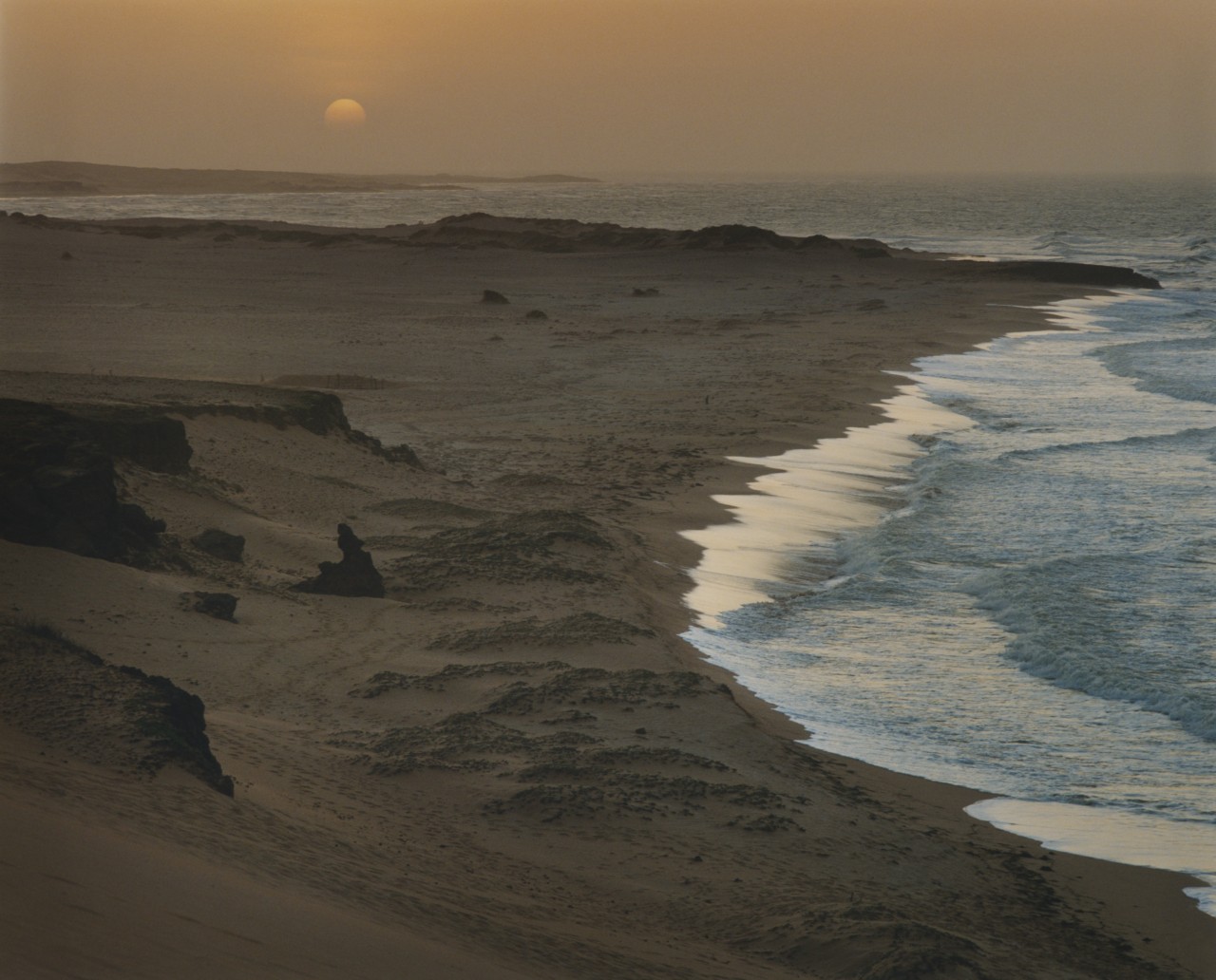

Words by Willow defebaugh
photograph by théo de geultzl
“When that rock is lifted, the earth is lighter; the hand that bears it heavier. When it is thrown, the circuits of the stars respond, and where it strikes or falls, the universe is changed. On every act the balance of the whole depends.”
The Overview: Meditations on Nature for a World in Transition arrives in just a few weeks (available for pre-order here). In last week’s newsletter, I explored the book’s first thematic chapter on Reverence. This week, we’ll be taking a look at the subject of chapter two, one I have roiled and wrestled with many times over the years in which I have been writing to you: Balance.
When I say I have struggled with this theme, I’m referring to the more personal applications of it. It can be difficult to maintain a balanced perspective while witnessing ecocide and hearing the clarion calls of scientists go unanswered year after year. How do we not let the work consume us? For me, it has come with the realization that this work will be lifelong. There will likely not be a day where we can say “the earth is saved.” When faced with a marathon rather than a sprint, it becomes clear that also creating space for peace and joy is imperative for enduring activism.
One way we do that is by remembering that we are never acting alone. Without the presence and pull of each strand, the web of life would unravel. Relationships, communities, ecosystems, biomes—even nature as a whole—these are words we use to describe this web at varying scales. It can be scary to think about the ripple effects of the planetary crisis now unfolding. But it’s also empowering to remember that we are part of the web; we each have a part to play in symbiosis. And we can all impact our communities locally while also demanding reform at a systemic level.
The gavel of justice cannot fall until we answer the call of our planet in pain. Creating balance must look like a just future not only for the Earth but all the denizens that dwell here. This includes humans and the most marginalized communities now bearing the worst impacts of the climate crisis. Without an intersectional lens, environmentalism perpetuates the same colonial way of viewing the world that got us here, that is wholly at odds with the biodiversity our planet depends on for survival. We must see all of our well-being as fundamentally interconnected.
Restoring balance means elevating all human and non-human life to a place of equal sanctity. It means understanding that the seemingly disparate and many crises we face—whether personal, political, or planetary—are in fact all fractal expressions of the same root dissonance our species has developed between ourselves, each other, and the wider realm of nature. A holistic mindset reminds us that the idea of individuality is subjective, for just as we are part of larger networks and ecosystems, we also all contain microbiomes and communities, thousands of species working in concert to keep ourselves healthy. We are unique creatures, and yet we are also one.
And so the stories in the second chapter of the book look at the teachings of symbiosis and superorganisms, the importance of finding your pack, the sagacity of spiders, the trappings of dualistic thinking, and the frameworks laid out for us by species that have mastered the art of collaboration. Because from the land to the sea, we must embrace the wisdom of interconnectivity and remember our fates are forever intertwined, you and me.
Balancing Act